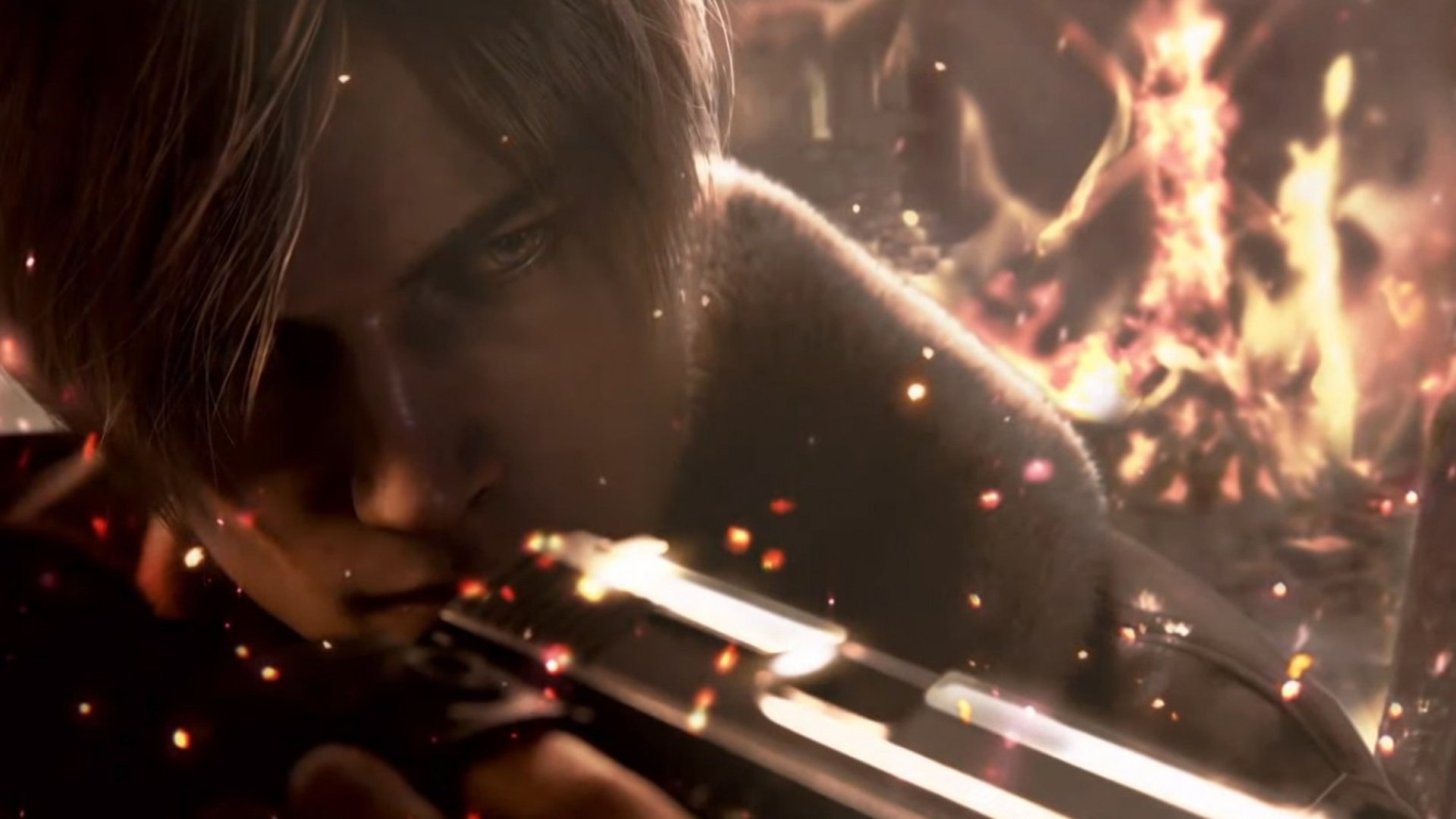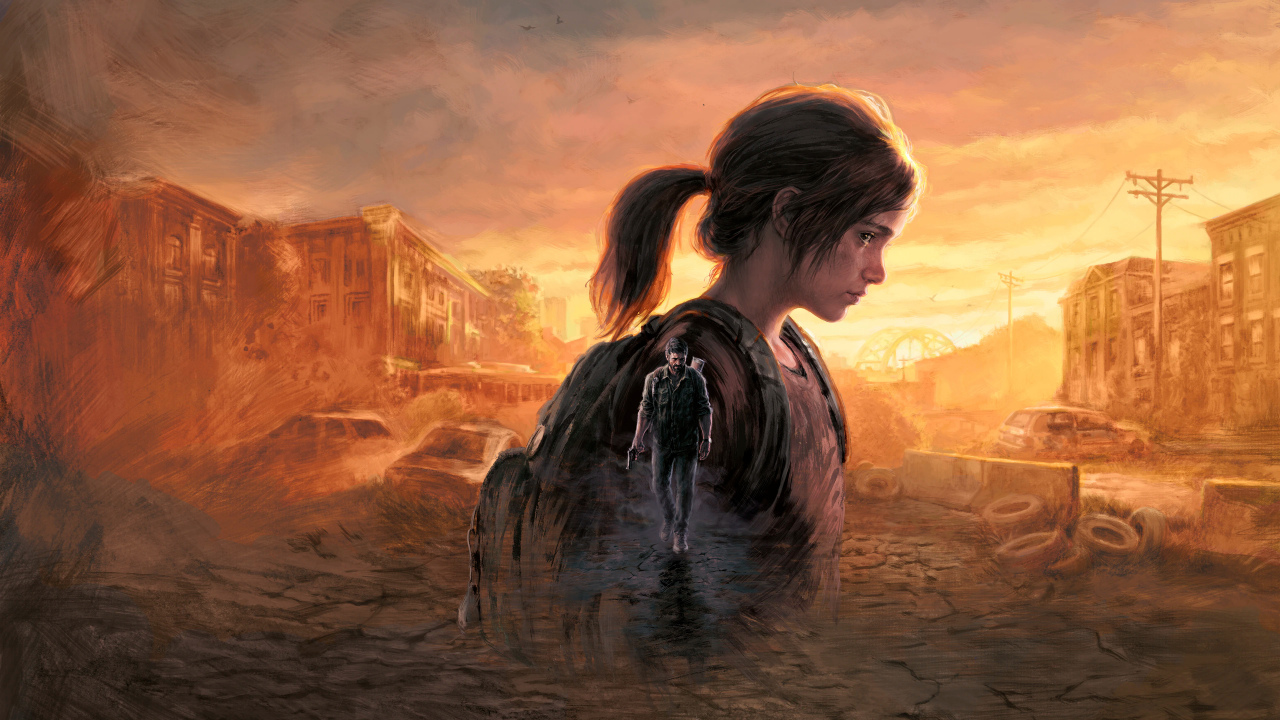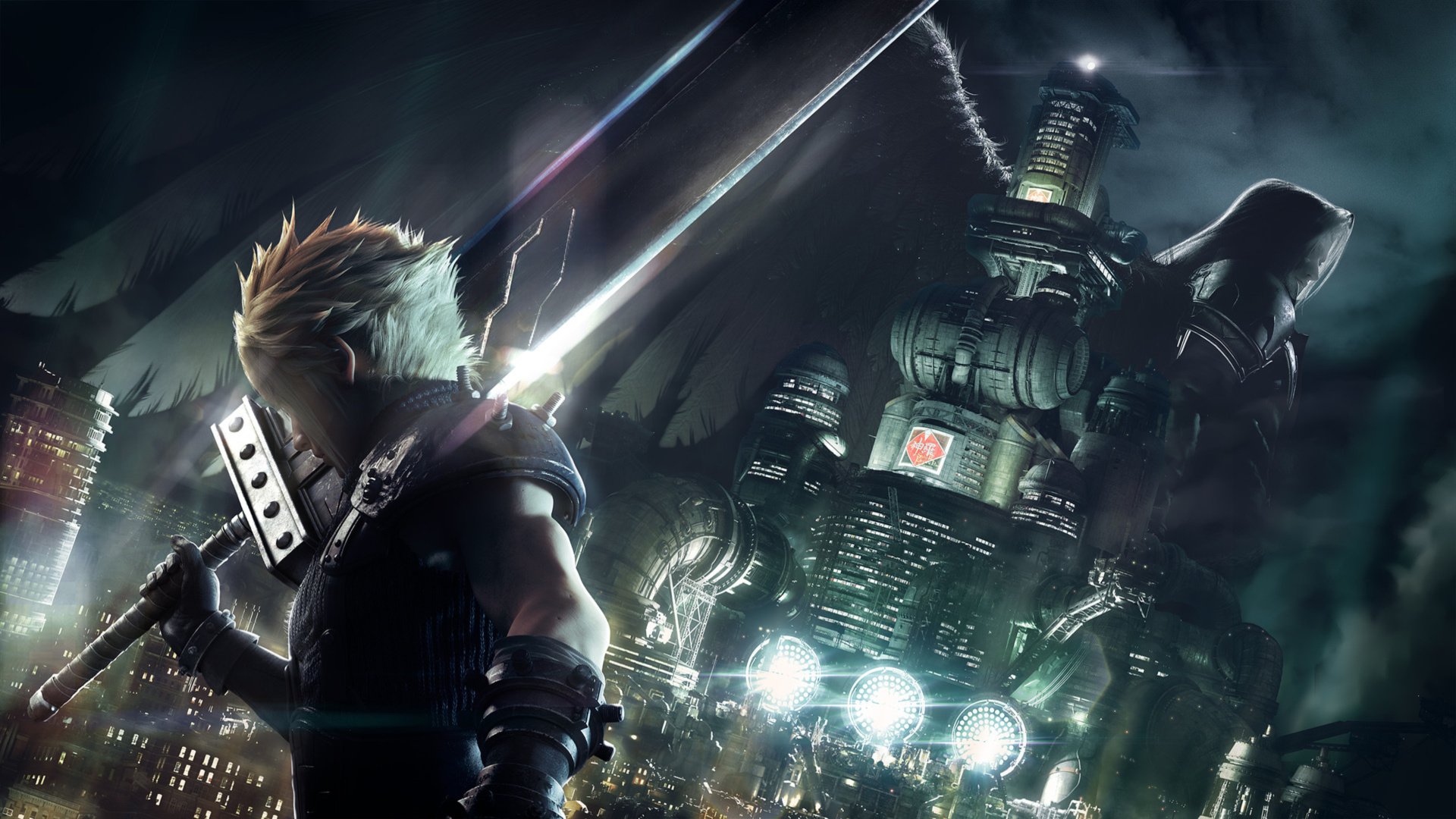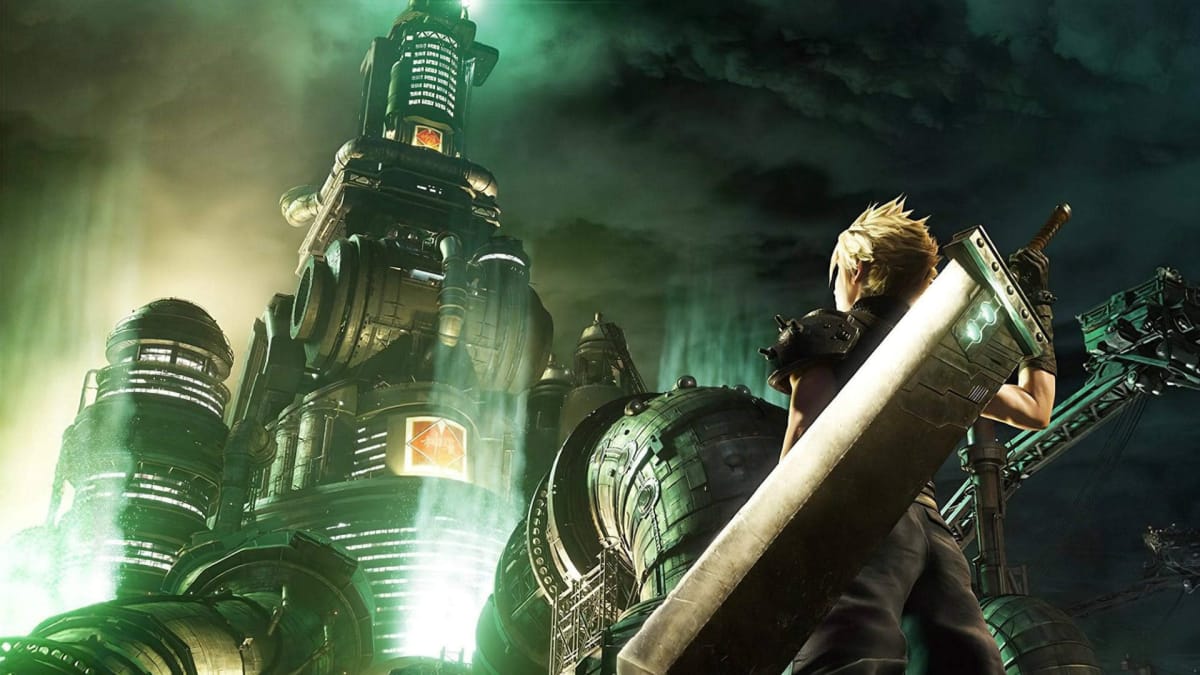During Capcom's recent summer showcase, a teaser video for the Resident Evil 4 Remake was shown with a very specific phrase used to describe it: Reimagining.
"This title is a reimagining of the original Resident Evil 4, based on the original 2005 release," Yoshiaki Hirabayashi, the game's producer, said in a prerecorded presentation. "Similar to other titles in the series, we are carefully preserving what makes the original title special while updating it with modern flourishes for everyone to enjoy when it launches in 2023."
This was no boast to drum up interest in the title either. In the footage shown for the presentation, the game looks to have a notably different feel compared to the original Resident Evil 4. Horror appears to be more central to the tone and aesthetic. Protagonist Leon, meanwhile, talks like a man haunted by past traumas as opposed to the original's one-liner-spouting action hero in the making.
Though it is admittedly jarring to see these new elements tied to such a revered game, it's also hard not to be excited at the prospects of what this could mean for gaming's bigger picture; especially when one considers the conundrum remakes currently find themselves in.

Remake, Rehash, Repeat
In the past decade or so, remakes have exploded as a popular and lucrative segment of the gaming landscape. Titles from generations past can be remade using modern tools and design practices, and then released to modern consoles with the chance to earn sales from both established fans and new players looking to see what all the fuss is about.
To be sure, this is far from a bad thing. The practice has allowed many titles to get a second chance in the spotlight, earning popularity and acclaim with an entirely new generation of gamers. The Crash Bandicoot N. Sane Trilogy and Spyro Reignited Trilogy are both perfect examples. Each trilogy's respective remakes saw all three games enhanced with modern graphics and technical improvements. As a result, fans new and old flocked to the games, resulting in a resurgence in both series' popularity.
However, this isn't always the case. More and more remakes have been met with scrutiny or apathy due to the recency of their source material, or even the lack of a real reason to check out the remake.
Case in point: The Last of Us Part One Remake, while admittedly a huge step up from the original Last of Us graphically, has been met with more than a little skepticism. Because everything shown of the game so far appears to be a one-to-one remake of the original's content, many have wondered if it even needs to exist. Only adding to this sentiment are the facts that the original is less than a decade old and can be played on PlayStation 4 or PlayStation 5 with little to no issue.
So what, then, can game developers do? Remakes are too lucrative a choice for publishers and developers to pass up on, and gamers themselves are still more than willing to embrace them so long as they offer something they missed out on initially. How, then, can they be changed in a way that offers something new without making a new title entirely?

A Favorite With a Twist
This is where reimaginings come in. While the core concepts and elements of the classic title remain intact, new gameplay and even story elements can be introduced to turn the "remake" into something all its own. This in turn creates an experience that both older and newer fans of a property can enjoy, and can even open up the door for entirely new ideas and elements to be added in.
This is far from a new concept too, and has proven successful across most every other entertainment medium. Books, movies, music, and art have all seen reimaginings and reinterpretations of established classics to great success; not only because the classics were established and accepted by people beforehand, but because they also brought something new to the table.
Likewise, this wouldn't even be a concept gaming would need to test to see if it works. Reimaginings have already seen massive success in the industry, albeit with some backlash from hardcore fans, in the form of Final Fantasy VII Remake.
While the characters and general plot of the original are carried over, the game boasts exceptionally improved graphics, revamped gameplay, and a slew of modern elements not available when the game originally released decades ago. However, it crosses over from a straight remake into being a reimagining thanks to two key factors.
One is that it offers an entire game's worth of content using only a fraction of the original game's framework. As a result, many locales and segments from the original Final Fantasy VII have been expanded upon to the point that they're unrecognizable from the original. Likewise, there are more than a few entirely new segments and elements introduced to flesh out the game into a full-sized experience.
The other is that it significantly alters the story in ways that could change the overall narrative. While the core premise remains intact, the characters and their motivations have been altered to better fit not only the longer narrative that will carry across sequel adaptations but also the wider canon that surrounds Final Fantasy VII. As a result, it's anyone's guess if this new story will end up like the original or go in an entirely different direction by the end.

To be sure, these changes were not met with unanimous acceptance.
Some fans were and still are nettled by the changes made to such an iconic game, particularly the ending. Others have said they have no interest in playing the following entries in the Final Fantasy VII Remake series unless the changes are reeled in, feeling they tarnish the image of the original.
And yet, it's hard not to see this reimagining as a critical and commercial success. The game was hailed by many critics as a triumph upon release, garnering overwhelmingly positive reviews. It likewise sold over five million copies within six months of its initial release, and that figure has only climbed with its porting to other platforms.
A Chance for Innovation
With all this in mind, it's hard not to think that reimaginings could be a viable option for remakes that gamers will get excited for. While fans may not entirely embrace the new iterations on established IPs, there will be more than a few that do and give said titles a chance to reinvent themselves. This in turn will offer another way to keep remakes of older titles profitable, and the gaming industry machine will keep churning them out.
And honestly, it'll be for the best. More often than not, people can be fickle about giving new ideas a fair shake. They want what they know, even if that means buying a sequel that brings next to nothing new to the table over a debut title filled with creativity.
Though not a perfect solution, reimaginings stand to act as something sweet to help the bitter pill of change go down. Even if it is through established IPs, they can allow developers to test new ideas, expand upon what exists, and push the gaming medium even a little bit further forward.
Change doesn't need to be scary. With any luck, reimaginings will help teach gamers this lesson.
Have a tip, or want to point out something we missed? Leave a Comment or e-mail us at tips@techraptor.net













